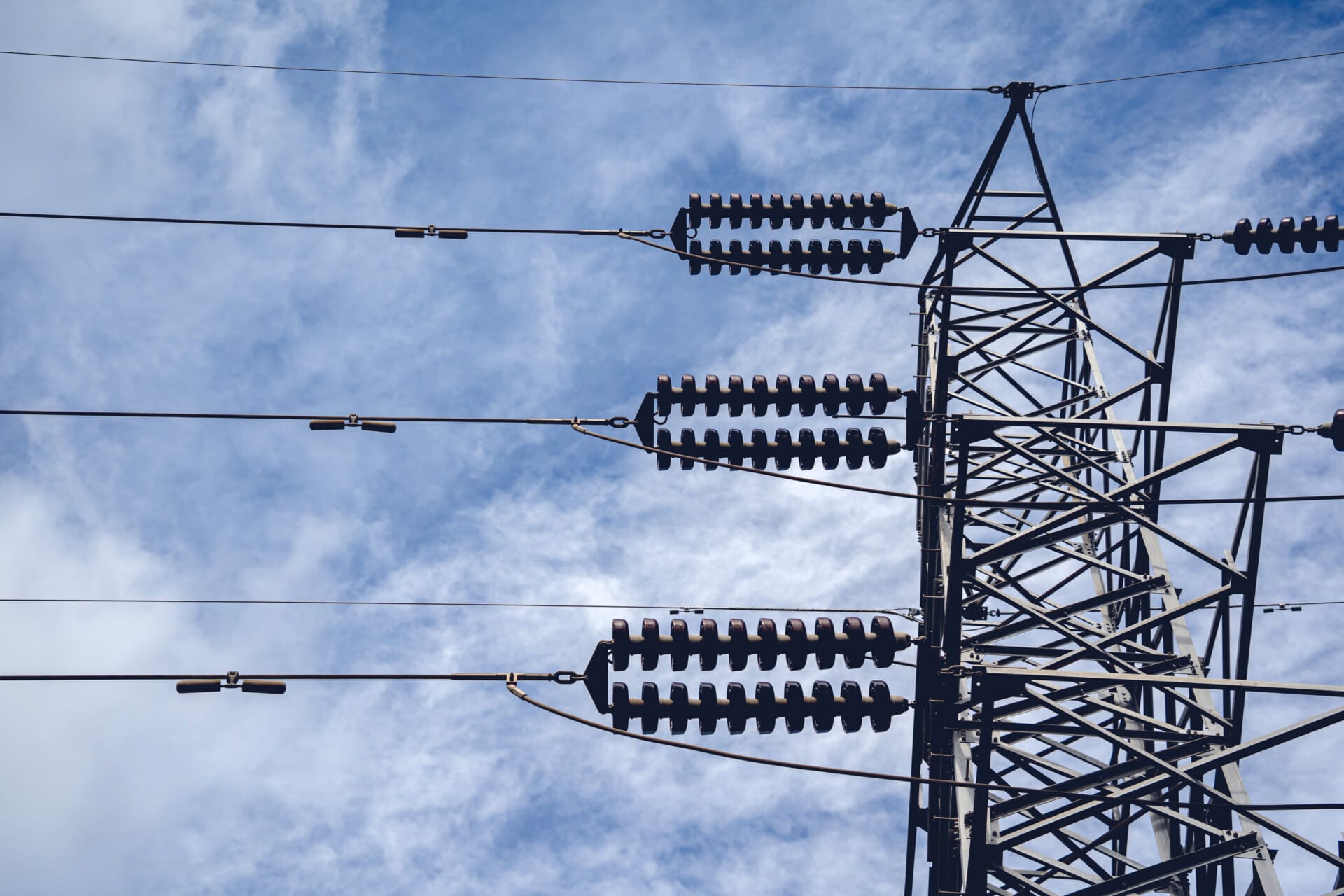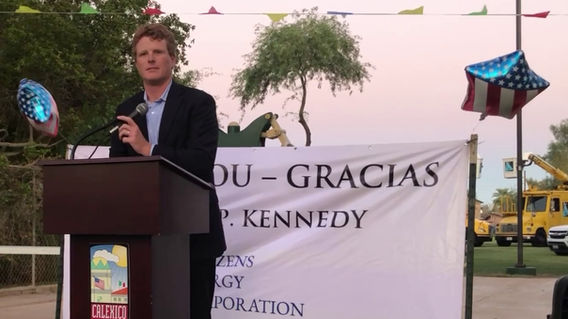A big power pack with a goal of sustainability in Philadelphia
- WHYY/PBS/NPR Radio
- By Tom MacDonald

The Philadelphia Navy Yard has added a battery storage system that can do a lot more than run some power tools.
The 6.4-megawatt system is designed to kick in on hot days or very cold ones, when businesses are charged extra for accessing power from the electric grid, in order to save them money.
The system is contained in three customized storage containers at the edge of the Navy Yard near the Delaware River. It has 2,240 lithium batteries contained in racks that line the climate-controlled containers.
The batteries can be charged from renewable energy from solar panels, windmills, or conventional power generation, but only are tapped when the power grid is stressed in a way that would require extra fossil fuel generators to kick in. The batteries in the system charge during off-peak hours when residential demand is lower, and are designed to provide consistent power for the businesses in the Navy Yard, giving them a reliable source of power at a stable price, said Michael Kennedy, vice president of Citizens Energy.
Hopeful the incoming Biden administration will help it address climate change, the city now has a goal of achieving carbon-neutral emissions by 2050.
Kennedy added that when the system isn’t providing power for the businesses at the Navy Yard, it can also put power back into the region to help prevent stress on its power grid.
The Navy Yard has its own grid, and when the Philadelphia Industrial Development Corporation took over the facility in 2000, it found it was not strong enough for the new mission of the facility, said Kate McNamara, senior vice president of PIDC. Over the past two decades, she said, PIDC has been upgrading the system, including a community solar farm in 2017, and an 8-megawatt natural gas generating plant in 2018.
Mayor Jim Kenney attended the dedication of the battery storage project. He said the project will help businesses use energy more efficiently and reduce the city’s carbon footprint.
Kenney’s administration has set an ambitious goal of being carbon neutral by the year 2050.
Biden’s climate plans call for spending big on energy efficiency. New research could help make sure it actually targets the poor and minority households that most need it.
Citizens Energy installed the system at the yard. Michael Kennedy is the nephew of former U.S. Rep. Joseph Kennedy II, who founded the company. He said the project is designed to produce green power while also helping businesses control costs.
“It allows the tenants of the Philadelphia Navy Yard to save money on their energy bills by running their electricity needs off the battery rather than the grid when energy prices are high … it’s called peak shaving.”
Thomas Queenan is senior vice president and chief operating officer of the Philadelphia Industrial Development Corporation which runs the yard. He said it gives the business facility some energy independence.
“It allows us to be more self-sufficient, it improves sustainability, and allows us to reduce our carbon footprint and to do a better job with the use of energy and fossil fuels.”
The approximately $8 million project will be used only about 20 days a year, according to Kennedy, but the cost savings could result in businesses deciding to move to the South Philadelphia facility.
The project is the second installation of its kind by the Boston-based nonprofit, whose aim is to use money generated by energy ventures to help people in need. Citizens Energy has generated over $600 million in charitable benefits for struggling households, including a heating oil program in Philadelphia for low-income residents.


